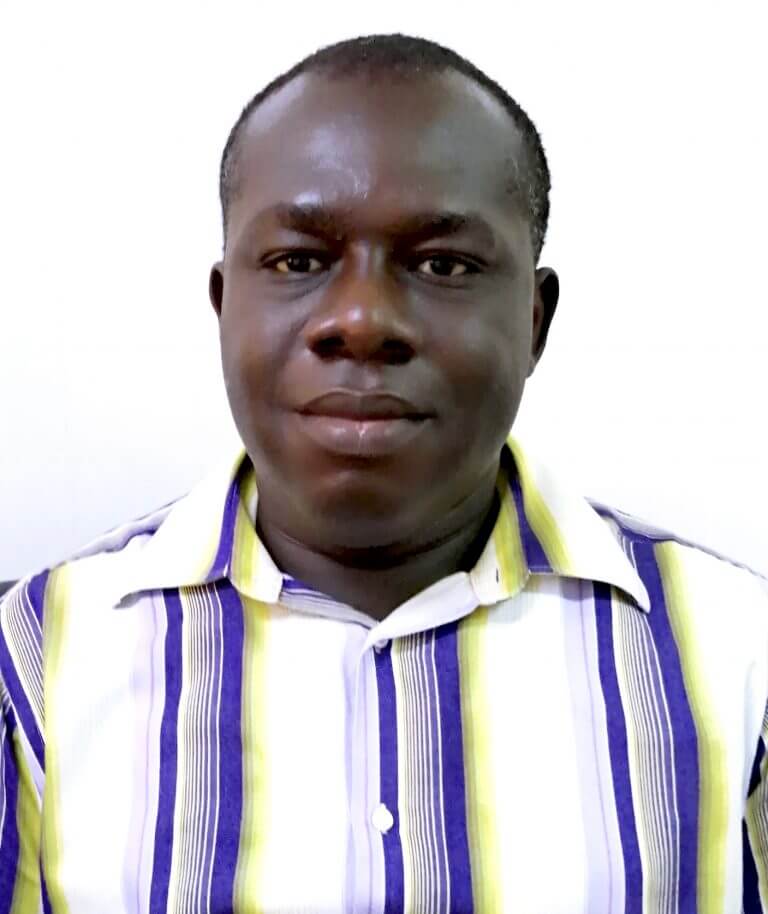Health workers, thank you for making the difference


Every April 7, we celebrate World Health Day, which marks the founding of the World Health Organization (WHO). This date has been used to raise awareness of serious health issues worldwide, leading to numerous successful health campaigns throughout the last decades. In 2020, the WHO chose to remind us about the importance of nurses and midwives to keep the world safe and healthy. Also celebrated this week, the World Health Worker Week follows a similar path, recognising the heroic efforts of frontline health professionals.

The nature of their job puts health care workers at an increased risk of catching any communicable disease, including COVID-19 and the current global health crisis is reminding us sadly of the importance of honouring those who often put themselves, their co-workers and their families, at risk to save and improve the lives of others – even though their sacrifice may not be acknowledged. Many countries around the world have established a time during the day during which all the population claps in celebration of the work of health professionals. It is a wonderful initiative but we must sustain this recognition beyond the current pandemic and translate this symbolic form of communion to investment into health systems and the protection of health workers.
As a general physician by training, I know first-hand that, in many communities, nurses and midwives are crucial for the success of public health interventions. As the only accessible health professional in many areas, their initial assessment and care may define whether someone will live or die. These workers live in the communities and understand local culture and vulnerabilities – a great start to establish relationships based on trust with people in need.
However, frontline health workers are often taken for granted, either due to the lack of leadership opportunities or the fragilities of health systems. Working under pressure, poor safety conditions and without adequate equipment is a reality in most developing countries. Yet, against all odds, these professionals achieve so much with so little. I am a witness to their compassion and commitment to save lives and support malaria victims in Africa.
A high incidence of any life-threatening disease puts public health care in check – malaria is just one of the them. We need more robust health care systems and universal health care, as well as novel affordable, sustainable and efficient tools to eradicate the disease. COVID-19 adds another layer of pressure on public funds, the economy and hospitals.
 Women make essential contributions as leaders and frontline responders. They are 70% of the global health and social service workers.
Women make essential contributions as leaders and frontline responders. They are 70% of the global health and social service workers.
In the case of malaria, they are world leaders, scientists, innovators, activists and health workers fighting the disease.
 They are our first heroes in the fight against COVID-19: they are tireless professionals and volunteers from all levels and backgrounds helping to contain the virus. To learn more about women contribution to COVID-19 response, visit here >>>
They are our first heroes in the fight against COVID-19: they are tireless professionals and volunteers from all levels and backgrounds helping to contain the virus. To learn more about women contribution to COVID-19 response, visit here >>>
According to the WHO, over half of the world’s population lacks full coverage of essential health services. About 100 million people are pushed into extreme poverty per year just because they need to cover health care expenses. “Health is a fundamental right, not a privilege”, as notably said Tedros Adhanom Ghebreyesus, WTO Director-General. I would add “and so should be our health workers access to adequate equipment and safe conditions”.
I would like to invite all to help raise public awareness to the lifesaving contributions of health professionals on the fight against malaria and other life-threatening diseases. Nurses, midwives, and other frontline workers worldwide, our thoughts and hopes go to you during this critical time.
#WorldHealthDay #WHWWeek
#COVID19 #Stayhome #Restezchezvous
